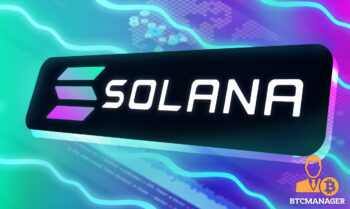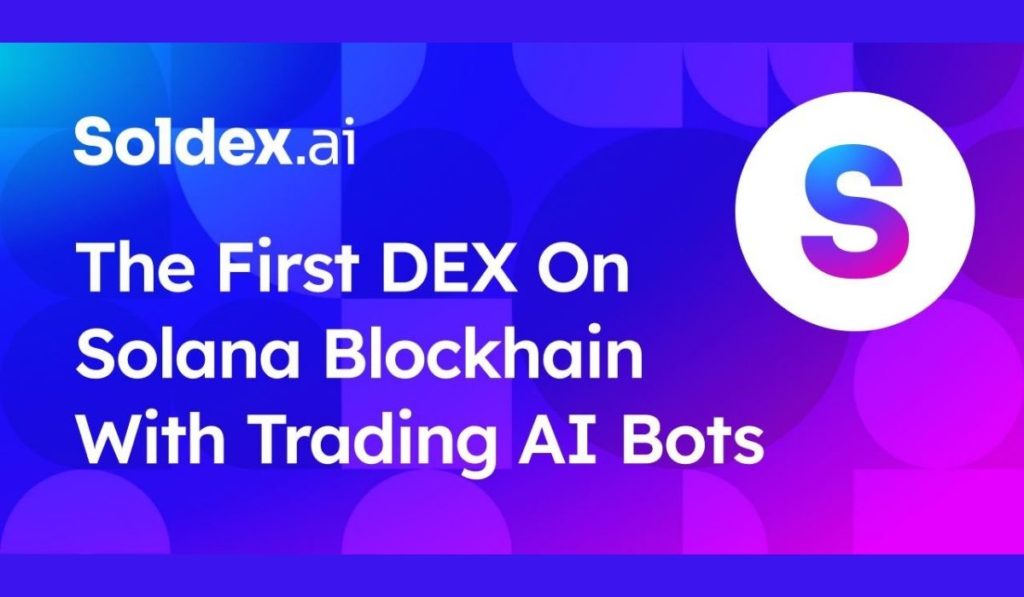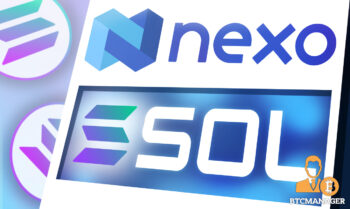2023-1-18 13:08 |
Coinspeaker
Solana Foundation, Ripple, and GBBC Partner to Accelerate Crypto Solutions for Climate Change
Solana Foundation and Ripple Labs Inc have announced their partnership with the Global Blockchain Business Council (GBBC), the largest industry association for the blockchain technology and digital assets community, to promote the use of crypto-based solutions for issues related to climate change.
Solana Foundation, Ripple, GBBC: Common Climate InitiativeWithin the partnership, a new non-profit organization has been formed. Called Blockchain x Climate Leadership Network (BxC), this organization aims to be “the greatest single collective gathering of climate action innovators, leaders, and builders worldwide.”
Daniel Hwang, Strategic Adviser at BxC, commented:
“I think the climate use case makes the most sense in terms of real-world utility beyond, let’s say, speculative retail involvement.”
The launch of BxC was announced at the World Economic Forum 2023 held in Davos, Switzerland. Basically, the BxC is a coalition of leaders in the energy sector, web3 space, and environmental movement working together to reduce the impacts of blockchain technology on climate change, carbon markets, and the state of our planet. Previously, the organization was known as Blockchain Infrastructure Carbon Offsetting Working Group (BICOWG).
Solana Foundation, Ripple, and GBBC will work on finding ways of mitigating environmental risks as well as applying the best practices for climate-related crypto efforts in different sectors.
How Can Blockchain Battle Climate Change?In the last few years, blockchain technology has expanded rapidly. It is now hardly possible to name an industry that has not been encompassed by blockchain yet. Environmentalists are also considering taking advantage of the solutions blockchain can offer and using the technology to fight climate change. Here are just a few ways blockchain can help us save the planet:
Firstly, blockchain can be utilised through smart contracts to better calculate, track and report on the reduction of the carbon footprint across the entire value chain. It can also be used to track products from the manufacturer to the shelf and help prevent waste, inefficiency, fraud, and unethical practices by making supply chains more transparent. Secondly, blockchain can be applied in the energy sector. Renewable energy sources are often variable and depend on intermittent weather conditions. As a result, there are challenges in the management and operation of electricity systems. Blockchain could be the underlying technology to foster the necessary changes in energy management infrastructure without a centralized management entity. That would be especially useful for clean energy distribution and associated financial transactions. Further, blockchain could transform carbon markets. In particular, it could provide cryptographic tokens with a tradable value to optimize existing market platforms for carbon and open new opportunities for carbon credit transactions.Innovations in blockchain are powerful tools that enable collective action to fight climate change. Distributed ledger technology can play a key role in combating climate change by managing clean energy solutions and enabling enhanced automation. It is just a matter of how to properly apply emerging innovations to take the highest advantage.
nextSolana Foundation, Ripple, and GBBC Partner to Accelerate Crypto Solutions for Climate Change
Similar to Notcoin - Blum - Airdrops In 2024
Solana (SOL) на Currencies.ru
|
|













